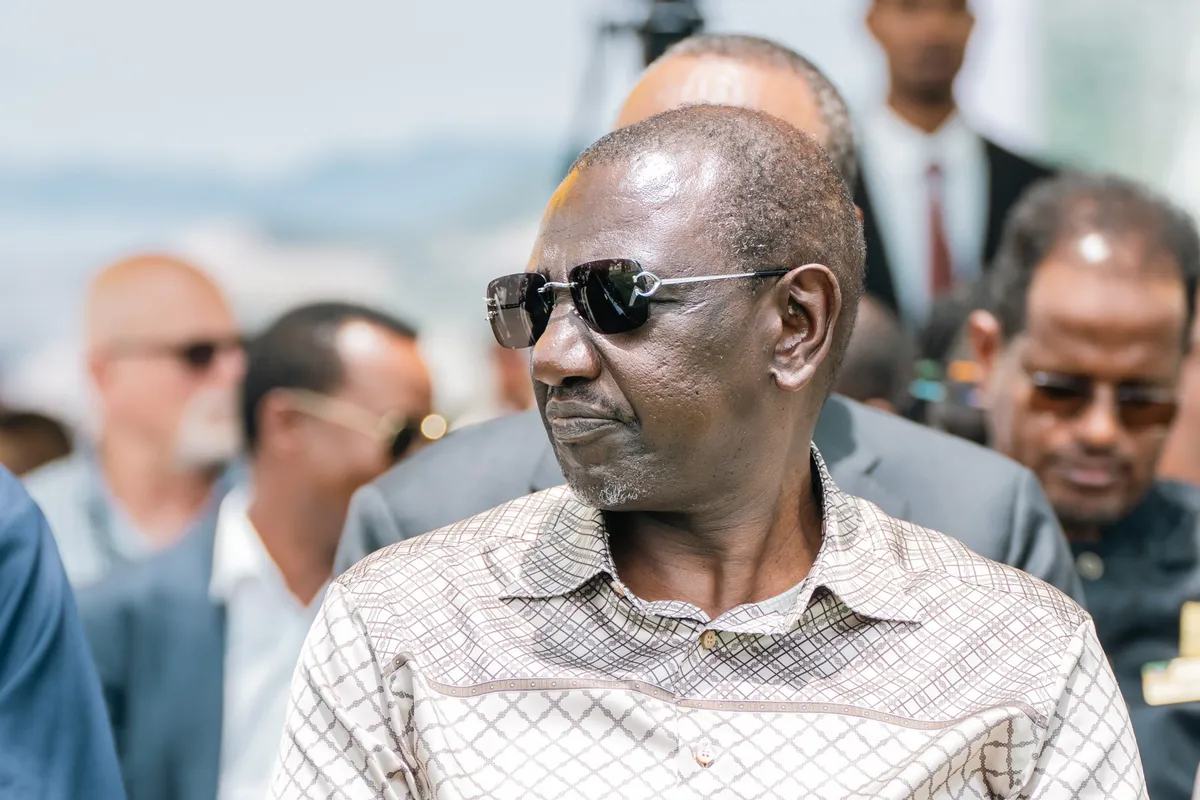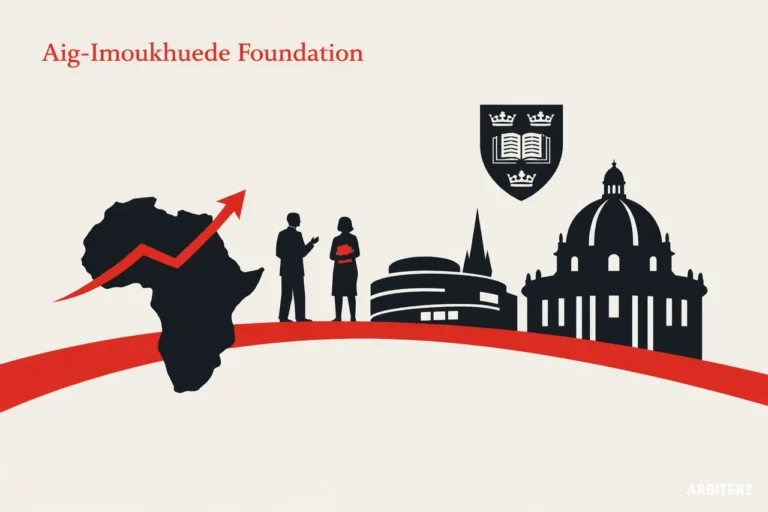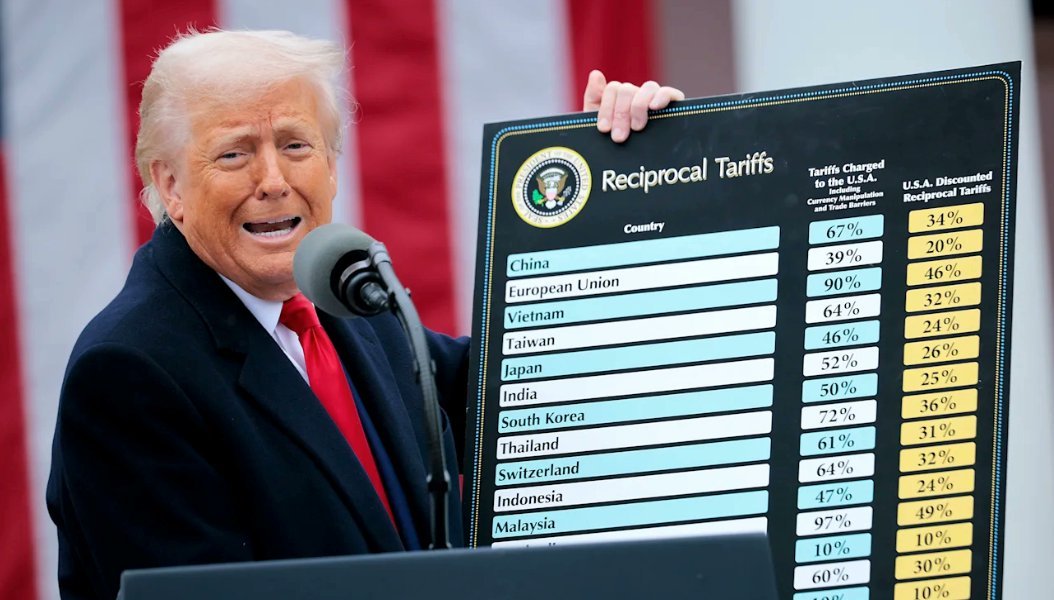Kenya is preparing to launch its largest initial public offering in over a decade, seeking to raise up to $1.15 billion through the sale of Kenya Pipeline Company shares. The government plans to divest as much as 65% of the state-owned petroleum infrastructure firm as part of International Monetary Fund-backed reforms aimed at reducing the nation’s heavy reliance on debt financing.
Parliament will vote on the IPO proposal Tuesday, marking a crucial step toward what could become Kenya’s biggest-ever public share offering. The move comes as President William Ruto’s administration grapples with a massive budget deficit of 923.2 billion shillings ($7.2 billion) and seeks to improve fiscal health before securing additional IMF funding.
Kenya’s benchmark stock index has surged 41% this year in local-currency terms, creating favorable conditions for the government’s privatization strategy. The Nairobi Securities Exchange could see up to 40 new company listings by 2029, according to Ruto’s recent announcement at a New York conference.
Also Read:
Recent market activity suggests robust investor demand for Kenyan assets. An infrastructure bond issued last month was oversubscribed more than three times, attracting bids worth nearly 208 billion shillings and demonstrating the market’s liquidity depth.
Kenya Pipeline operates 1,342 kilometers of petroleum conduits with annual transportation capacity of 14 billion liters. The company reported a substantial 10.5 billion shilling profit for the year ending June 2024, underlining its commercial viability for potential investors.
Strategic expansion plans include developing crude oil pipelines and establishing connections to Uganda, which is expected to begin oil production next year. These growth prospects, combined with improved corporate governance measures, could attract both domestic pension funds and international investors.
The last major Kenyan IPO occurred in 2015, while the country’s largest share sale remains Safaricom’s 52 billion shilling offering in 2008. That telecommunications IPO was oversubscribed more than six times, demonstrating the market’s capacity to absorb large-scale public offerings.
Eric Musau, executive director at Standard Investment Bank, noted that Kenya’s deep liquidity pools, driven by rising pension contributions and savings rates, position the market well for the pipeline company’s substantial share sale.


























